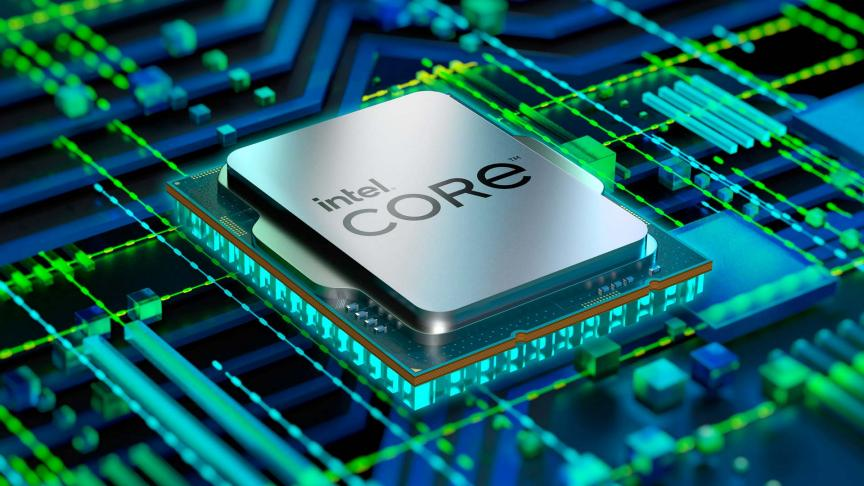The EU Court of Justice, Europe’s top court, ruled on Thursday in favour of Intel, ending a nearly two-decade-long fight between the U.S. chipmaker and EU regulators who had said it had tried to thwart a rival.
“The Court of Justice dismisses the Commission’s appeal, thereby upholding the judgment of the General Court,” the court said.
The European Commission had fined Intel for giving rebates to computer makers Dell, Hewlett-Packard Co, NEC and Lenovo for buying most of their chips from Intel, which regulators said was an attempt to block Advanced Micro Devices.
Regulators generally oppose rebates offered by dominant companies because they fear they may be anticompetitive, while companies say enforcers must prove discounts have anticompetitive effects before companies are sanctioned.
EU regulators had initially fined Intel 1.06 billion euros ($1.14 billion) but a lower tribunal scrapped that.
Intel’s case was boosted earlier this year when an adviser to the court said regulators had not properly performed an economic analysis.



